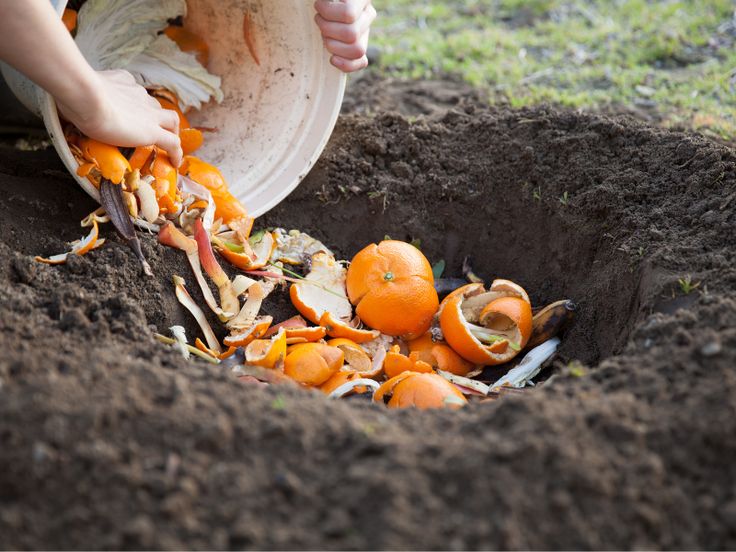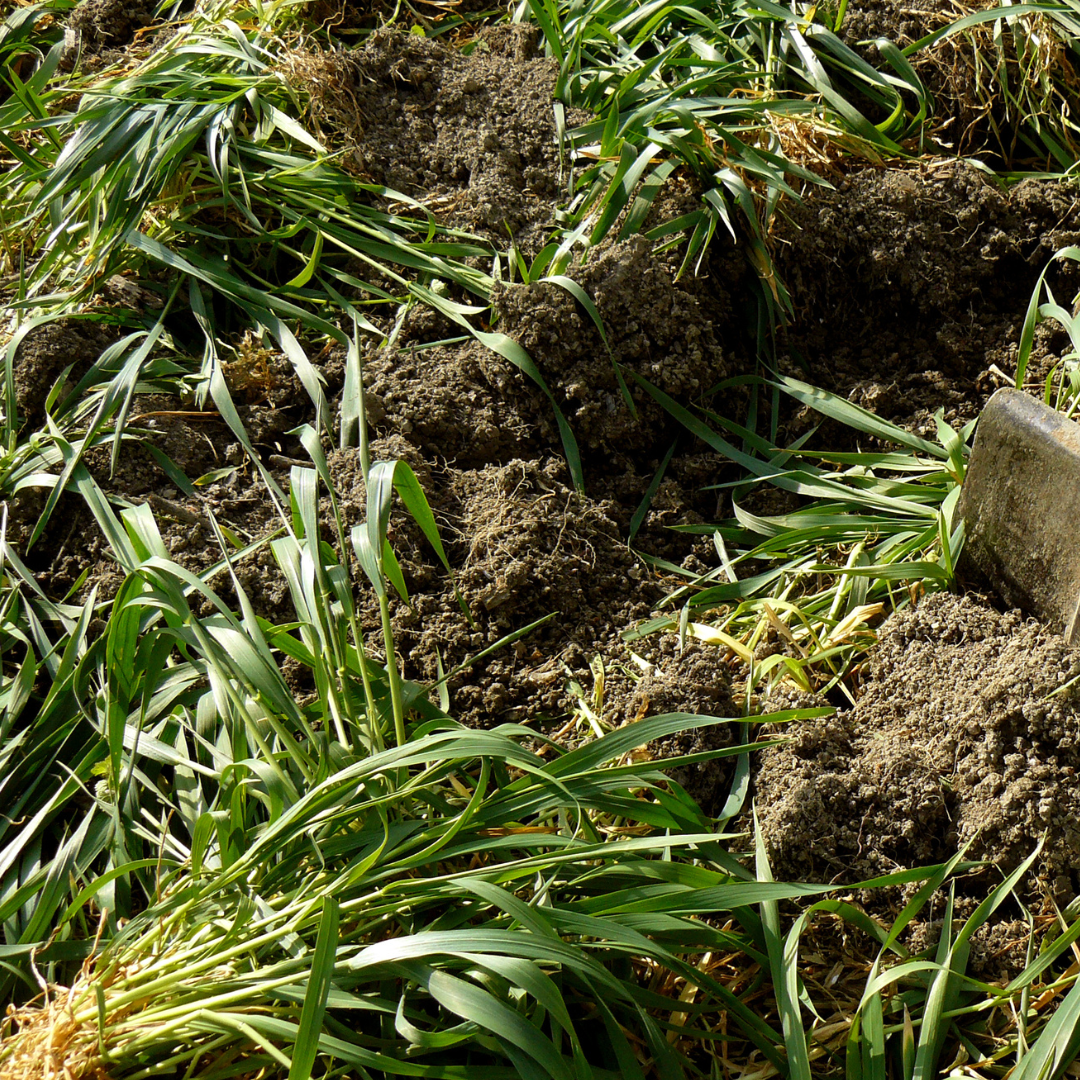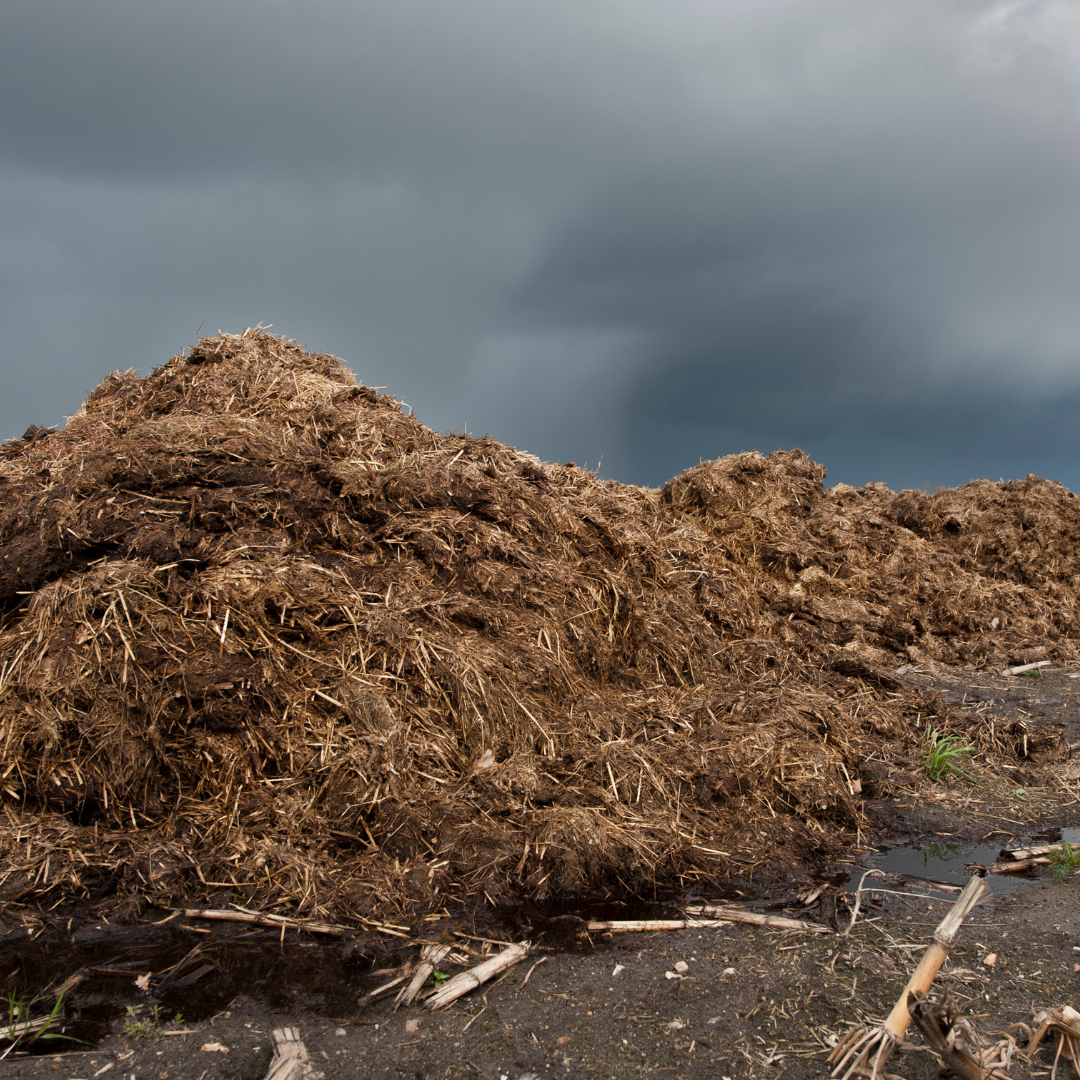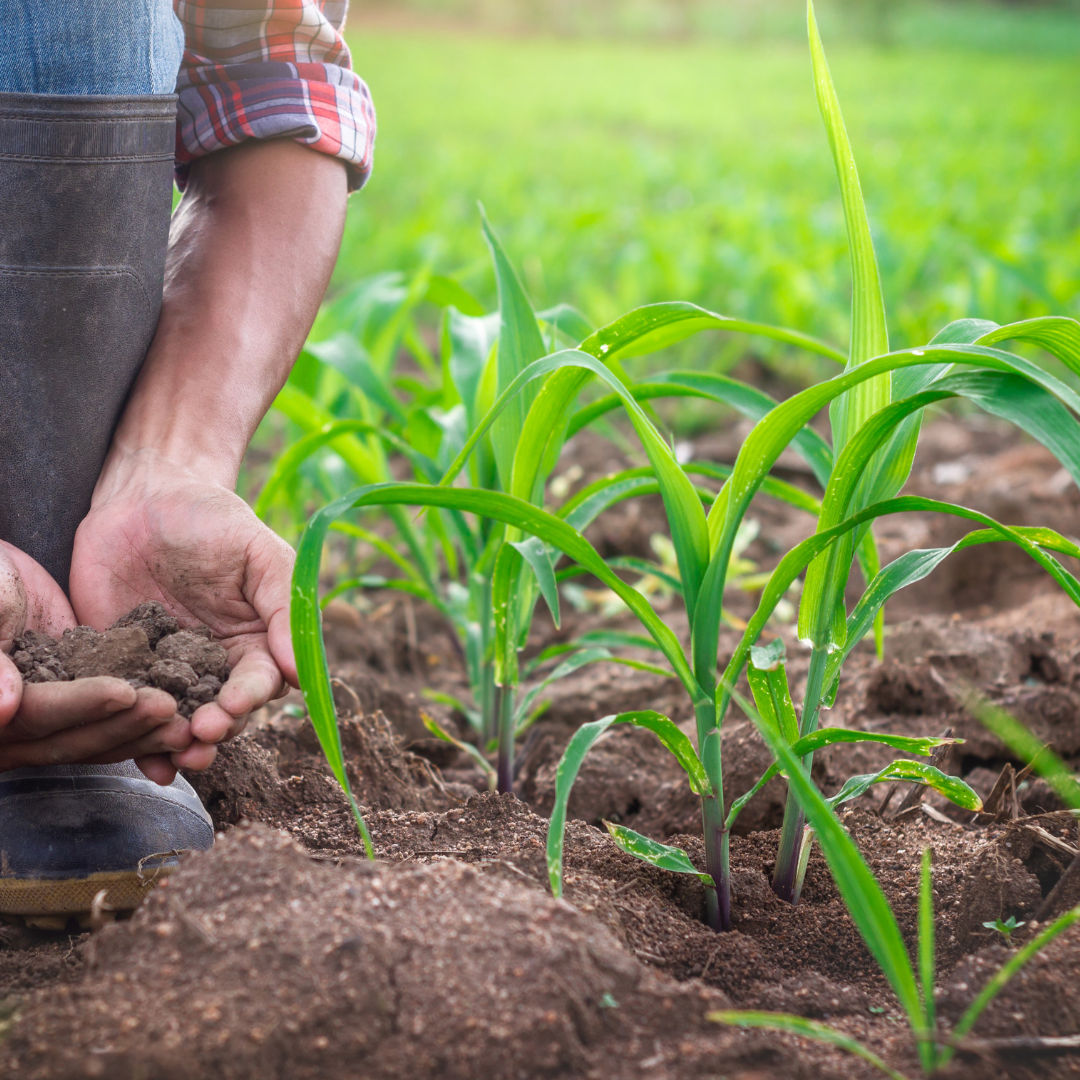When it comes to growing healthy and productive plants, choosing the right fertilizer is essential. Organic fertilizers, derived from natural sources, not only nourish your plants but also enrich the soil, making it healthier over time.
In this blog post, we will discuss the top three organic fertilizers that can significantly boost plant growth. These fertilizers are safe for the environment, help promote sustainable gardening, and provide plants with the essential nutrients they need.
1. Compost: Nature’s Best Fertilizer
Compost is one of the most widely used organic fertilizers in gardening. Made from decomposed organic matter, such as kitchen scraps, leaves, and grass clippings, compost is rich in nutrients that promote healthy plant growth.

Additionally, compost improves soil structure, helps retain moisture, and encourages beneficial microorganisms in the soil.
How Compost Benefits Plant Growth
One of the key benefits of using compost is its ability to improve soil structure. It enhances the soil’s ability to retain moisture, which is crucial for plant roots, especially in dry climates.
Furthermore, compost acts as a slow-release fertilizer, meaning it provides nutrients gradually over time. This is perfect for plants, as they receive a steady supply of the essential nutrients they need for growth.
Compost also improves the soil’s ability to drain excess water, reducing the chances of root rot.
By improving soil aeration, compost allows plant roots to breathe better, making them stronger and more resilient. As a bonus, composting is an eco-friendly way to reduce household waste!
How to Use Compost
To use compost effectively, apply it directly to your garden beds or mix it with the soil when planting. You can also use compost as mulch by spreading a layer around the base of your plants. This helps suppress weeds while adding nutrients to the soil as it breaks down.

Transitioning to compost not only feeds your plants but also enriches your garden’s soil over time. Start small by collecting organic waste from your kitchen and yard, and you’ll have a steady supply of compost for your plants.
2. Manure: A Nutrient-Rich Fertilizer
Manure is another fantastic organic fertilizer that has been used for centuries. It is packed with essential nutrients like nitrogen, phosphorus, and potassium, which are critical for plant growth.

Animal manure, such as cow, manure, is the most common type used in gardening, but it’s important to let it age or compost before applying it to plants.
How Manure Boosts Plant Health
Manure is highly beneficial for plant growth due to its rich nutrient content. Nitrogen helps in leaf growth, phosphorus promotes root development, and potassium improves overall plant health and resistance to disease. When used correctly, manure can improve soil fertility and encourage vibrant, strong plants.
One of the great advantages of manure is its ability to enhance soil microbial activity. Microbes play an essential role in breaking down organic matter and making nutrients more accessible to plants. Additionally, manure adds organic matter to the soil, improving its water-holding capacity and reducing erosion.
However, fresh manure can be too strong for plants and may burn them due to its high nitrogen content. It’s essential to let manure age for at least six months before using it on plants or to compost it with other organic materials to create a balanced fertilizer.
How to Use Manure in Your Garden
The best way to apply manure is to spread it over your garden soil in the fall, allowing it to break down over the winter. Alternatively, mix it with soil before planting in the spring. Manure can also be used in compost piles to add extra nutrients to your compost. As always, make sure to wear gloves when handling manure to avoid contamination.

By using manure, you’re recycling natural waste and turning it into a powerful fertilizer that can improve plant growth and soil health at the same time.
3. Coffee Grounds: A Household Waste with Benefits
Used coffee grounds are a simple and accessible organic fertilizer that many gardeners use to boost their plants. Coffee grounds are rich in nitrogen, making them ideal for plants that thrive on nitrogen, like tomatoes, roses, and leafy greens.
How Coffee Grounds Benefit Plants
Coffee grounds improve soil structure by adding organic material, which enhances water retention and drainage. They also attract beneficial microorganisms and earthworms, both of which help break down organic matter and release nutrients into the soil.
How to Use Coffee Grounds
Spread used coffee grounds around the base of plants or mix them into the soil. Be careful not to overuse them, as too many coffee grounds can increase soil acidity. You can also add coffee grounds to your compost pile for better decomposition.
Why Choose Organic Fertilizers?
Organic fertilizers like compost, manure, and bone meal offer several advantages over chemical fertilizers. They improve the soil’s long-term health by adding organic matter, which enhances the soil’s ability to hold water and nutrients.
Furthermore, organic fertilizers are less likely to leach nutrients into groundwater, making them environmentally friendly.
Another benefit of organic fertilizers is that they encourage beneficial microorganisms and earthworms in the soil. These organisms help break down organic matter and release nutrients that plants can easily absorb. Over time, organic fertilizers improve soil fertility, making it easier to grow healthy plants year after year.
How to Choose the Right Organic Fertilizer for Your Garden
When selecting an organic fertilizer, it’s essential to consider your garden’s specific needs. Compost is a great all-purpose fertilizer that can be used in any garden. It improves soil structure, enhances moisture retention, and adds a balanced mix of nutrients.

Manure is ideal if you want to boost the nitrogen content in your soil, especially for leafy plants like spinach and lettuce. However, be sure to use aged manure to avoid burning your plants.
Bone meal, on the other hand, is excellent for promoting root development and improving the flowering and fruiting of plants. It’s particularly beneficial for root vegetables like carrots and potatoes, as well as fruiting plants like tomatoes and peppers.
Conclusion: Nurture Your Plants Naturally
By using organic fertilizers, you not only improve your plant growth but also promote sustainable gardening practices. Compost, manure, and coffee grounds are three of the best organic fertilizers you can use to ensure healthy, vigorous plants and nutrient-rich soil. They are environmentally friendly, cost-effective, and support the long-term health of your garden.
Choosing the right fertilizer for your plants can make all the difference in their growth and productivity. Whether you’re a seasoned gardener or just starting, incorporating these organic fertilizers into your garden routine will set you on the path to a thriving, beautiful garden.

Pingback: Natural Fertilizers for Better Crop Growth!
Pingback: How does Neem Oil Help Control Pests?